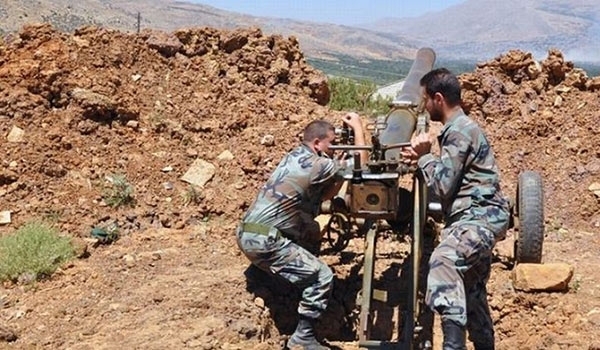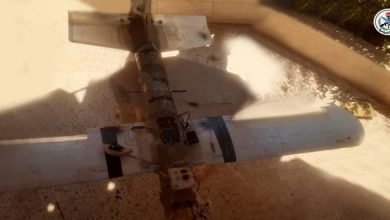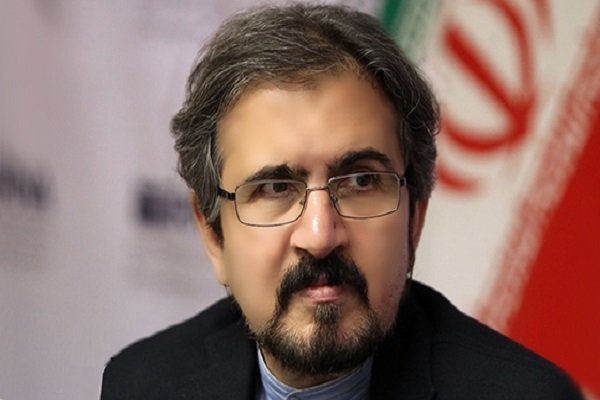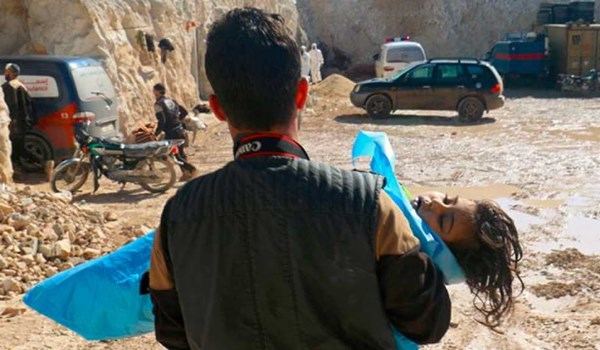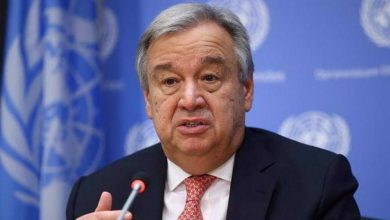Pentagon chief Carter arrives in Afghanistan
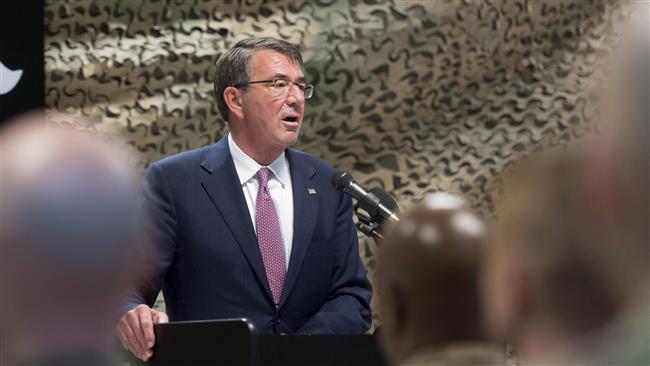

US Defense Secretary Ashton Carter has arrived in Afghanistan to discuss security issues with President Ashraf Ghani and American commanders, in the wake of a decision by Washington and its NATO allies to keep thousands of foreign soldiers in the country.
Carter landed in Bagram air base outside Kabul on Tuesday and was scheduled to meet Ghani and Chief Executive Abdullah Abdullah later in the day.
Meeting with Army General John W. Nicholson who commands American forces in the country was also on the Pentagon chief’s agenda.
During last week’s NATO summit in Warsaw, Poland, members of the US-led military alliance agreed to either slightly raise the number of their troops in Afghanistan or keep the current levels unchanged.
The UK, for instance, announced that it will bump up its current troop level of 450 soldiers to 500.
NATO leaders also agreed to provide around 352,000 Afghan security troops with up to $1 billion in annual funding over the next three years.
Washington has pledged to fund the forces by $3.5 billion a year. Kabul itself will contribute as much as $500 million.
NATO currently has some 13,000 troops in the country reportedly training Afghan security forces. The alliance has agreed to keep at least 12,000 soldiers in the war-torn country.
US President Barack Obama announced last week that he would leave behind 8,400 American forces in Afghanistan by the time he leaves office early next year, nearly 3,000 more than what he had promised last year.
The US and its allies invaded Afghanistan in 2001 as part of Washington’s so-called war on terror. The offensive removed the Taliban from power, but insecurity still lingers across the country.
Carter’s trip to Afghanistan comes a day after his unannounced stop in Iraq, where he met with Iraqi Prime Minister Haider al-Abadi about the fight against the Daesh (ISIL) terrorist group.
In Baghdad, Carter announced that 560 American troops would be sent to Iraq to help fight the terror group, raising the total to more than 4,600.
